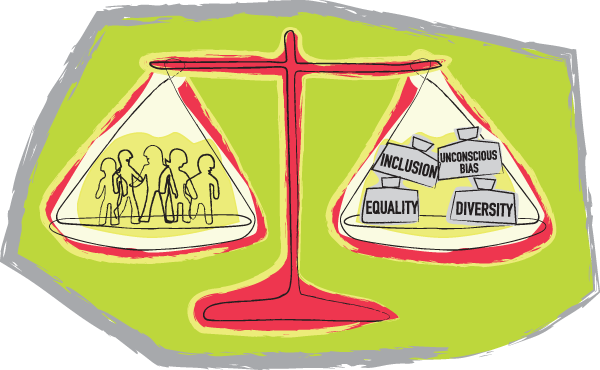The World of Work by Harry Sherrard
Office Banter

An Englishman, an Irishman and a Scotsman walk into a bar and engage in some innocent banter.
But if they are colleagues going to the bar after work, then banter based on national stereotypes could be anything but innocent and could result in costly employment tribunal claims, as well as serious reputational damage for their employer.
Good natured teasing can turn sour if it suddenly has the label “racial harassment” attached to it.
This may seem to some like an overreaction, but the law does give employees and workers – such as agency workers – a right to sue their employers if they are subjected to jokes and comments on the grounds of race which they feel have created an offensive environment for them. For these purposes, “race” includes nationality, so jokes about Englishmen, Irishmen and Scotsmen could all qualify as harassment on the grounds of race.
The same applies to jokes and comments shared between colleagues on the grounds of other protected characteristics – sex, disability, sexual orientation, religious or philosophical beliefs, gender reassignment and age.
Employers are liable for the acts of their workers and employees which take place in the course of employment, so it is the employer who ends up being sued, although the perpetrator can also be named as a joint respondent. And, as many employers have found to their cost, this can extend to conversations which take place between colleagues after work and even in WhatsApp exchanges if they are linked to employment. The employer would not be liable for comments made during an entirely private conversation between two colleagues who happened to meet up over the weekend, but with more employees working from home and more work-based communications taking place outside of work hours, even that distinction can become blurred.
So, what can the employer do to protect itself? At a basic level, having a policy dealing with workplace harassment will help, but it will do little on its own. Regular training is vital – in one recent employment tribunal, training which had taken place two years previously was described as “stale”. Most importantly line managers need to be trained and empowered to deal with potential issues on a day to day basis and speak to the perpetrators to nip them in the bud.
The line between friendly banter and harassment is easily crossed – and it is one which can be hard to see. Indeed, to a large extent, it depends on the sensitivities of the person who brings the claim.
To someone who isn’t familiar with employment law, this level of protection can seem inexplicable and unfair on employers. Citizens are not usually legally protected against being offended. The police will not rush to call outs involving reports of crass, insensitive jokes in a public area.
But the workplace is – rightly – different. Workers have a right to come to work and not made to feel humiliated or degraded on the grounds of their race, gender, etc, and employers are responsible for ensuring that this is the case.
To ensure your workplace is free of inappropriate workplace banter, and your employees know where to draw the line you may wish to consider one of our online training courses covering the basics of Equality and Diversity with a focus on Office Banter. Please visit www.sherrardsacademy.com or contact Sarah@sherrardslaw.com for full details.
Back to Blogs Page
